Porsche Macan Review: First Drive
Sure, it does get an added dose of character, ruggedness, and touchscreens, but the Porsche Macan truly remains to be the sports SUV that is perhaps the most engaging car to push around on these beautiful roads of Germany.
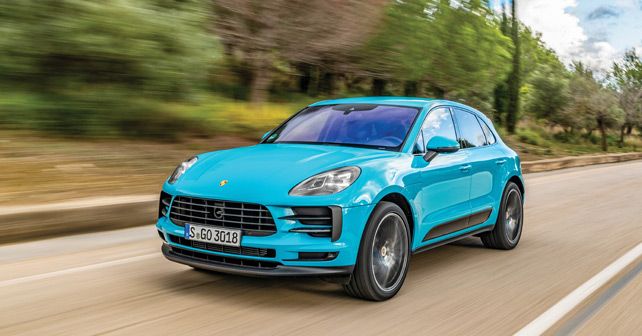
How do you improve on a product that’s already the fastest-selling vehicle you’ve manufactured in your 70-year history? It’s an unenviable challenge that Porsche faces with the latest version of its best-selling SUV – the Macan.
Success can often be a double-edged sword – even more so if it’s in relation to a product that’s exceeded all expectations since its launch. Before I go any further, let’s rewind a bit. The year was 2002, and Porsche traditionalists – who are very loyal to the brand – were up in arms about Porsche’s first SUV, the Cayenne.
Why? Well, to the traditional customer, for the maker of one of the finest, most reliable and instantly recognisable sports cars in the world – the Porsche 911 – to manufacture an SUV was symptomatic of succumbing to the pressure of popular demand, which they felt was sacrilege and against everything that Porsche stood.
Porsche, however, knew that to survive in a fast-evolving world, they had no choice but to keep up with changing customer preferences.
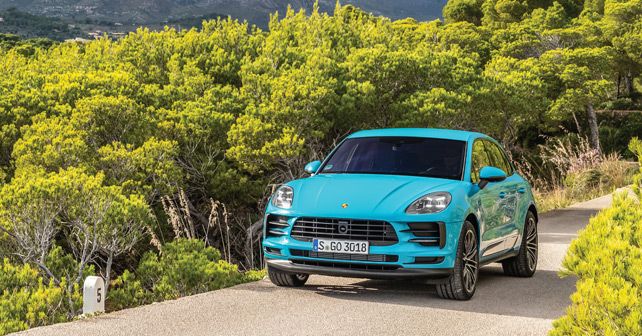
Stunning success
Back to the present day, and the sales figures of Porsche’s line-up today is something that most Porsche purist would have found completely unimaginable two decades ago. Sure, there’s the 911 and the Boxster / Cayman duo that continues to shape the soul of the brand. But, the real growth of Porsche over the past two decades came from two SUVs – the Cayenne and the Macan. Over the past 5 years, the Macan alone sold over 400,000 units – something that Porsche couldn’t possibly have dreamt of during its sports-cars-only phase.
Now, back to my original predicament. You see, the success of a product like the Macan can be very tricky, for it’s easier to fall than to rise even higher, especially given the intense competition in the segment. And therein lies the challenge – to improve something that doesn’t have much room for improvement. A difficult task indeed!
But, of course, success does have its own benefits. In fact, Markus Meyer, Product Manager of the Macan, said to me during our drive that success means more customers, which, consequently, also means more feedback about the things that you can improve or change in the product. Clearly, with its record sales volume, there wasn’t much wrong with the Macan in the first place, but, in typical Porsche fashion, Markus and his team set about fine-tuning the product to suit the preferences and demands of the company’s ever-evolving worldwide customer base.
Nip & tuck
First, as one would expect, there are a few design updates to bring the Macan in tune with the latest design trademarks of the brand. So, we’ve now got LED headlights (optional, depending on the model you buy) with LED daytime running lamps that resemble the four-post design of the latest Cayenne and the 919 racing car. However, the big change – for me, at least – is the massive tail light that runs across the width of the rear end of the car – a long-standing Porsche design trademark that’s being brought back. I love the single taillight look – it gives the Porsche a very distinctive visual identity when paired with the 3D Porsche badging at the rear.
One particular highlight – our test car had gorgeous 21-inch wheels (more on that later) and side panels in a black finish, which offered a nice contrast with the Miami Blue shade of the car.
It’s the interior, however, that boasts bigger changes. Given the rapidly rising expectations of customers in terms of connectivity and multimedia, the Macan now comes with a brand new 10.9-inch high-resolution touchscreen, which is absolutely stunning to look at and use. Now, to fit this screen, Porsche had to completely redesign the dashboard. However, I think that given the expectations of today’s customers, the new design is a must.
Also of note is the build quality and high levels of finishing in the interior, which is by far the best in its segment. The way different materials – leather, aluminium, alcantara and carbon fibre – blend and fuse together to offer something discernibly striking is simply fantastic.
Chasing Autobahns
One of the advantages of testing a new vehicle in Germany is the opportunity to drive it on unrestricted stretches of the Autobahn. Our first test car was the entry-level Macan, which is powered by a 2-litre turbocharged engine. With continual improvements in power delivery and efficiency, the latest version of the engine produces 241bhp and 370Nm. And while that might not sound like much, it does have quite a bit going in its favour. Full torque is available from as low as 1,600rpm, which means even the base model Macan drives like a car powered by a V6 engine. With a 0 to 100km/h sprint time of 6.5 seconds, the R4 engine-powered Macan is more than enough for everyday use. In fact, it almost allowed us to achieve the two-ton mark on the Autobahn without breaking a sweat.
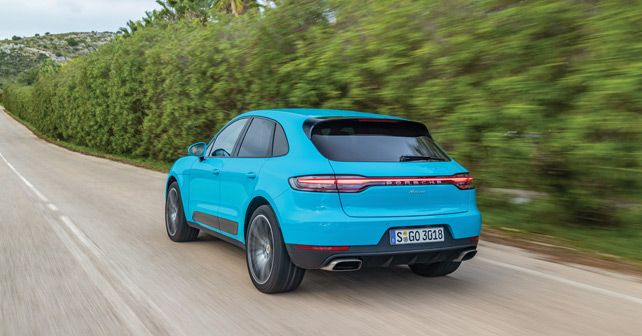
Moving it along
Now, if the base R4 Macan is that quick, you can very well imagine the speed of the more powerful version. The Macan S that we tested is powered by a brand-new 3.0-litre V6 engine, which has its turbo placed within the V of the cylinders. What that does is increase its efficiency and eliminates turbo lag – something that was quite evident on the faster stretches of our test route.
With 349bhp and 480Nm of torque, the Macan S accelerates like a bullet, and can reach 100km/h in just 5.1 seconds. Effectively, what it means is that even on the fastest stretches of the Autobahn, the Macan S could easily keep up with some of the fastest cars around.
The agility challenge
Now, given its weight of around 1.8-tonnes, the Macan’s handling and driving dynamics could have been a cause of scepticism. However, in true Porsche fashion, if there’s a lasting impression that the Macan leaves you with, it’s that of agility.
With a length of just under 4.7 metres, the Macan is not a big car at all. And its sharp steering, tightly controlled ride – especially with the optional air suspension – and friendly manners make driving the Macan a rather fun and enjoyable experience. What helps here also is the all-wheel-drive traction, which means that you’re never wary of using full throttle and the extremely well-tuned suspension, especially at high speeds.
Having driven all of its direct competitors, I can (and will) go as far as to say that there’s no other SUV that comes close to the Macan in terms of driving appeal. With its communicative chassis, fantastic steering, superb engine and responsive seven-speed dual clutch transmission, the Macan most certainly remains the driver’s car of choice in its segment.
The challenge
Now, let’s get to the problem. When the Macan was launched in the Indian market, it faced three particular challenges. First, of course, is the fact that despite everything, the Macan is a bit conservative in terms of size. Pair that with a big transmission tunnel running in the middle of the rear floorboard and, effectively, the Macan is a four-seater SUV at best, albeit a comfortable one.
Secondly, while the 21-inch alloys look stunning on the Macan S, it’s a fact that large wheels are pretty difficult to use on our broken roads. And I don’t know how the Macan will look on smaller wheels – I’m sure it’ll lose some of its visual appeal. However, it all depends on the customer and what he or she prefers – visual appeal or practicality?
And, finally, the primary reason for the lukewarm response that the Macan received in the Indian market originally was its pricing. It was priced above certain models of the Cayenne, and that simply made no sense to the Indian consumer. However, Porsche India is actively working to change that perception with the new Macan, which is due to be launched in India in the middle of this year.
According to Porsche India officials, pricing for the base Macan will be around the `70 lakh mark (ex-showroom) to differentiate it clearly from the Cayenne and to enable it to compete with its direct rivals.
Sure, that would still be a good premium over its typical competition – the likes of the Audi Q5, BMW X3 and Mercedes-Benz GLC – but the new Macan has a lot going for it. With its endless customisable options, including bright sporty colours such as Mamba Green, Carmine Red and Miami Blue, the Macan can easily be converted into your personal style statement – something you can’t do with most of its rivals.
And let’s not forget the Porsche badge, which, along with superb build quality and fantastic driving appeal, does give the Macan a distinct edge over its rivals. Whether you drive it or just admire the quality and fit-and-finish, the Macan is a cut above the rest and is the obvious choice for enthusiasts.
The real question, then, is – are you looking to make a statement and own the best driver’s SUV in its segment? If yes, then the Macan is the perfect choice for you. Just remember, it’s still going to cost you a bit more than the competition.
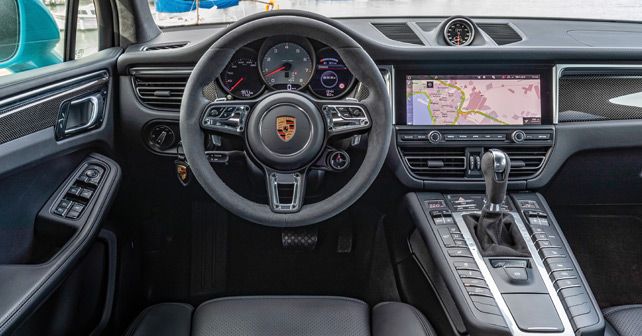
The Macan now comes with a brand new 10.9-inch high-resolution touchscreen, which is absolutely stunning to look at and use.
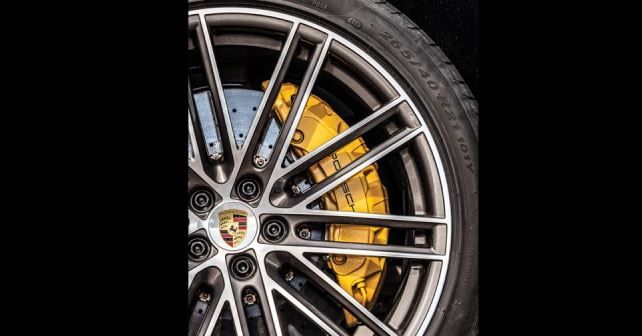
While the 21-inch alloys look stunning, it’s a fact that large wheels are difficult to use on our broken roads – not only are low profile tyres prone to damage, but ride quality takes a hit too. They do look good though!
Also read - 2019 Porsche 911 Review
Engine: 1,984cc / Four-Cylinders / Turbocharged
Fuel: Petrol
Transmission: 7-Speed Dual-Clutch Automatic / Active All-Wheel Drive
Power: 241bhp @ 5,000-6,750rpm
Torque: 370Nm @ 1,600-4,500rpm
X-factor: The Macan is the perfect everyday performance car for our conditions, as it offers both practicality and sports car performance in a cutting-edge package.
| Pros • Fantastic to drive, especially the Macan S • Tremendous finish & quality | Cons • Firm ride • Will still be the priciest in its segment |
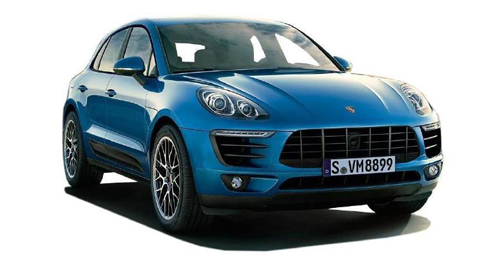
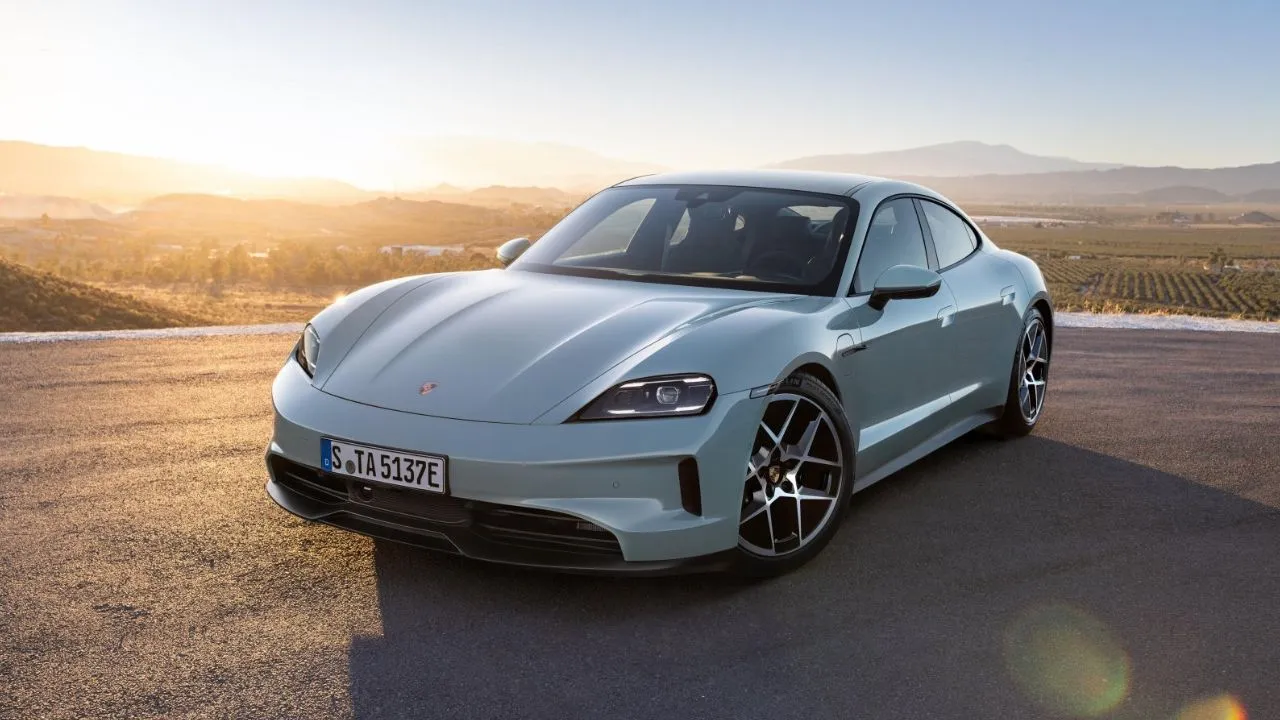
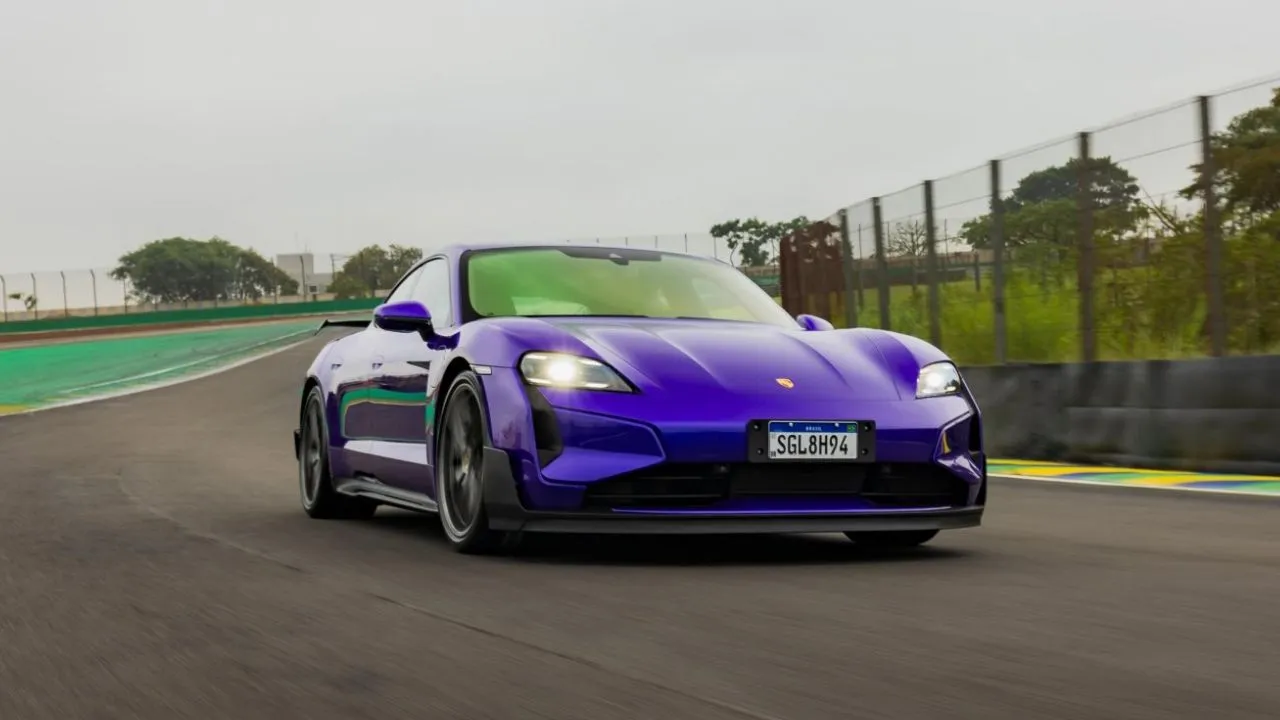
.webp)
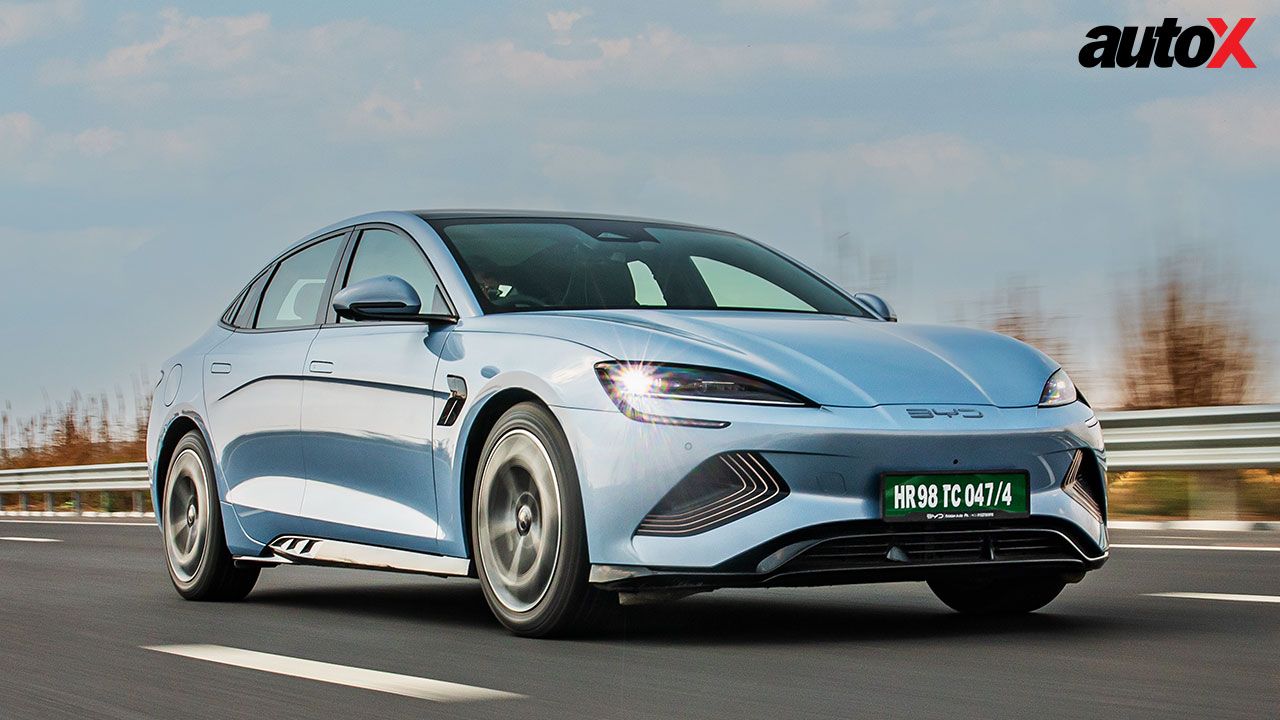
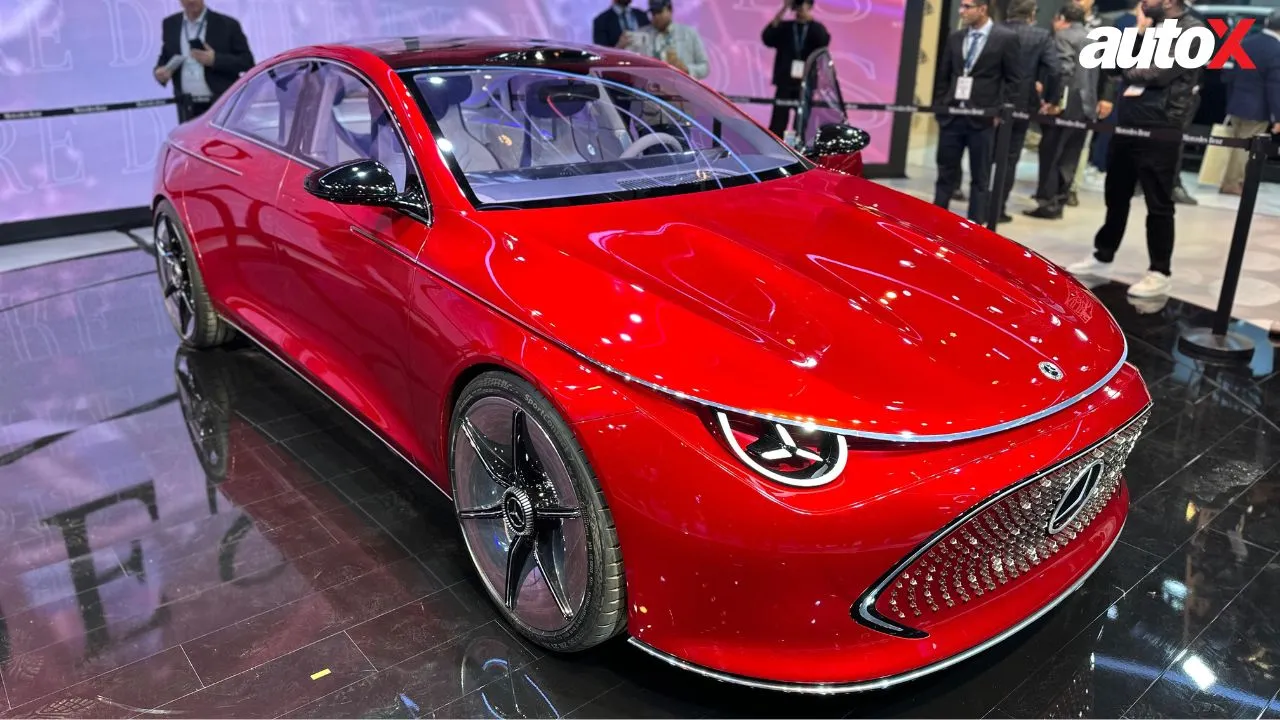

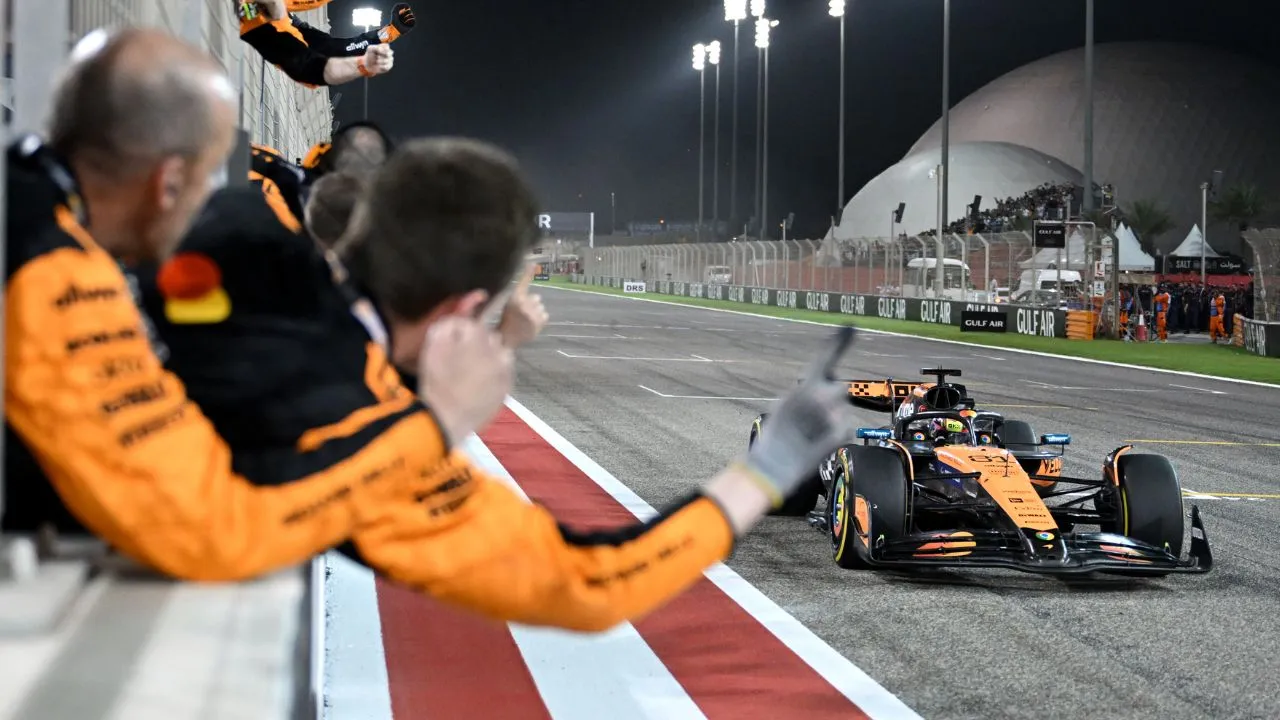
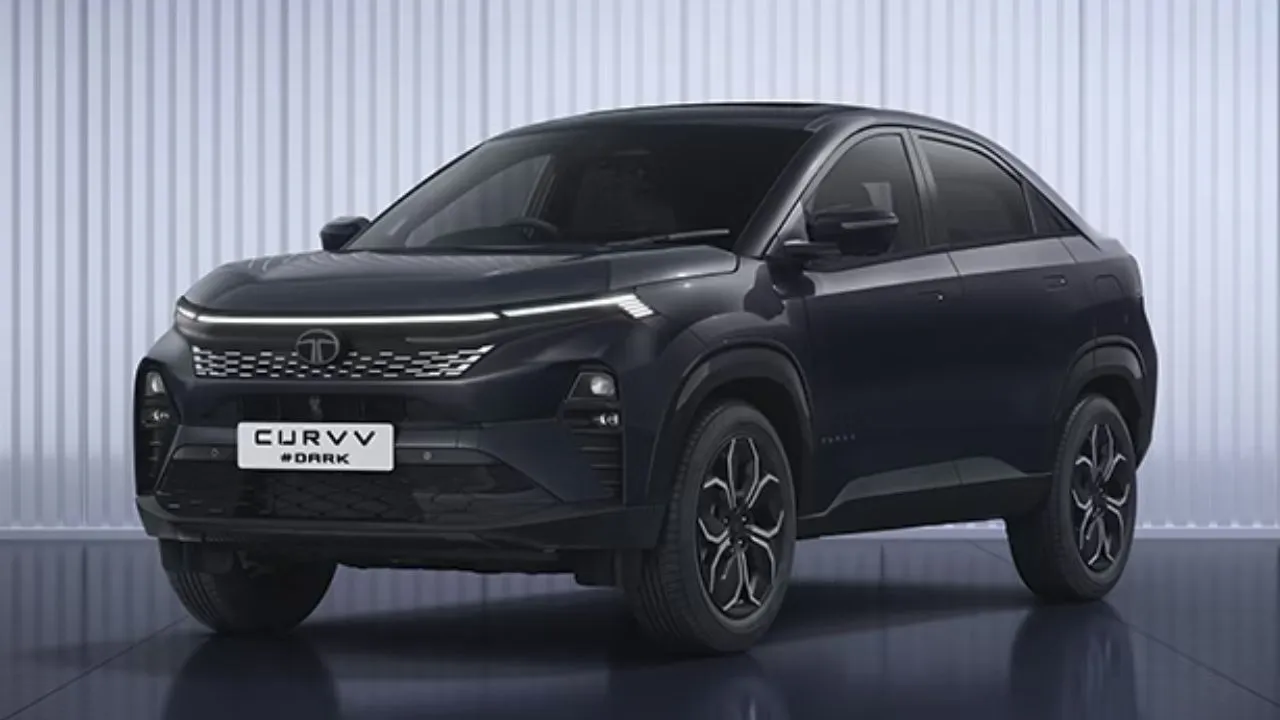
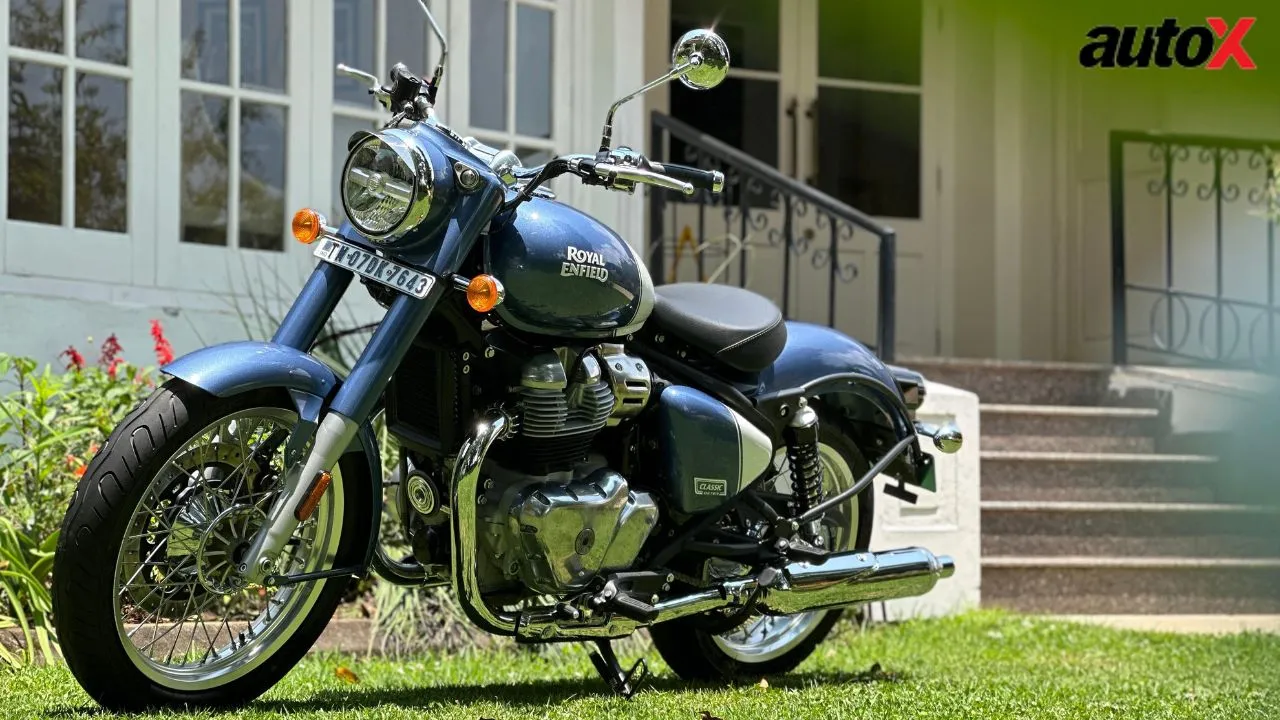
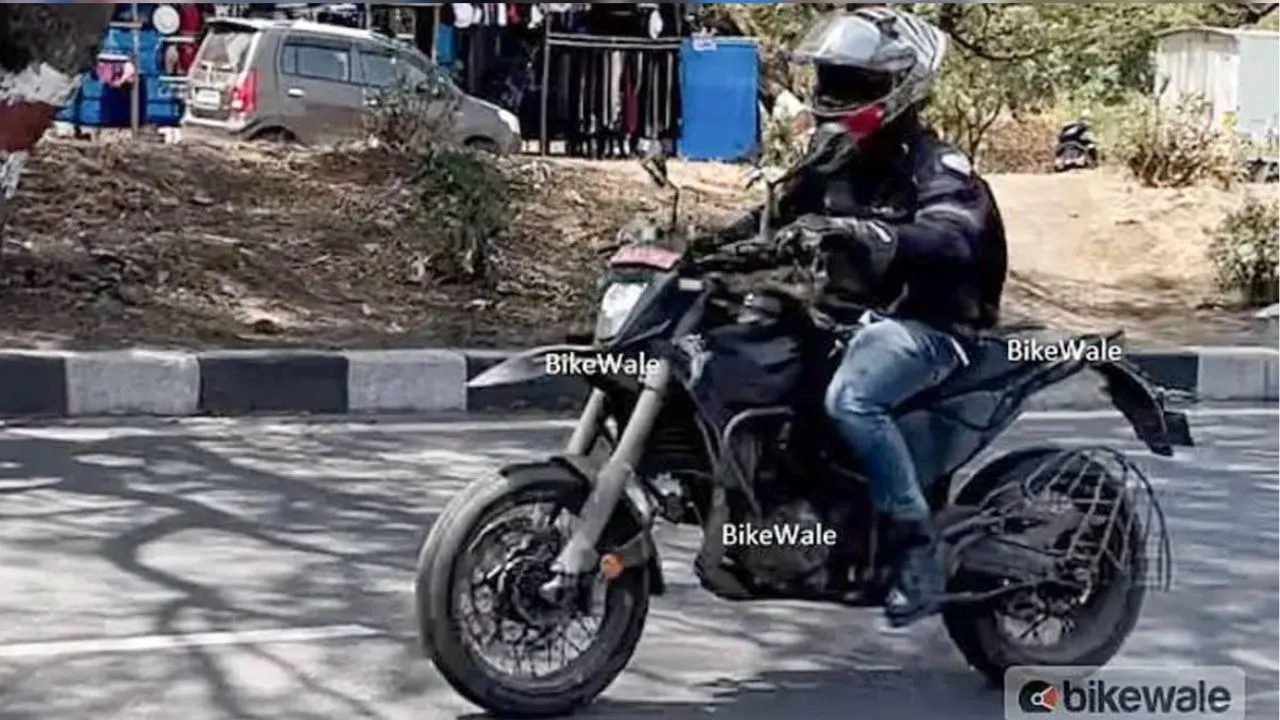
-(1).webp)
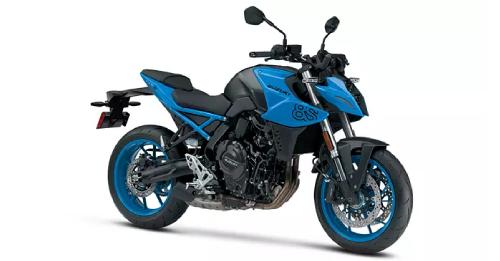
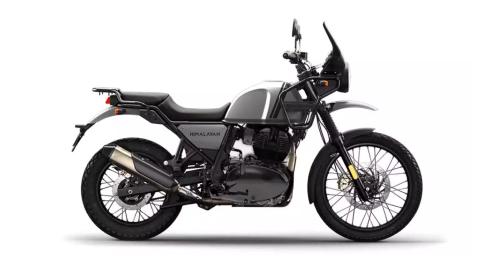
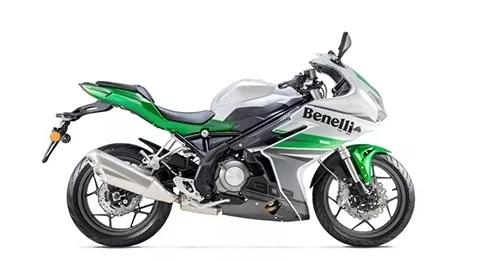
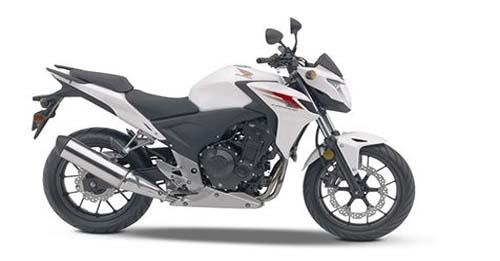
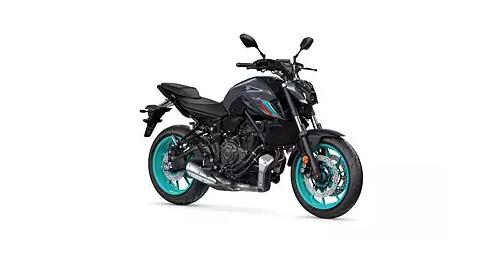













Write your Comment on